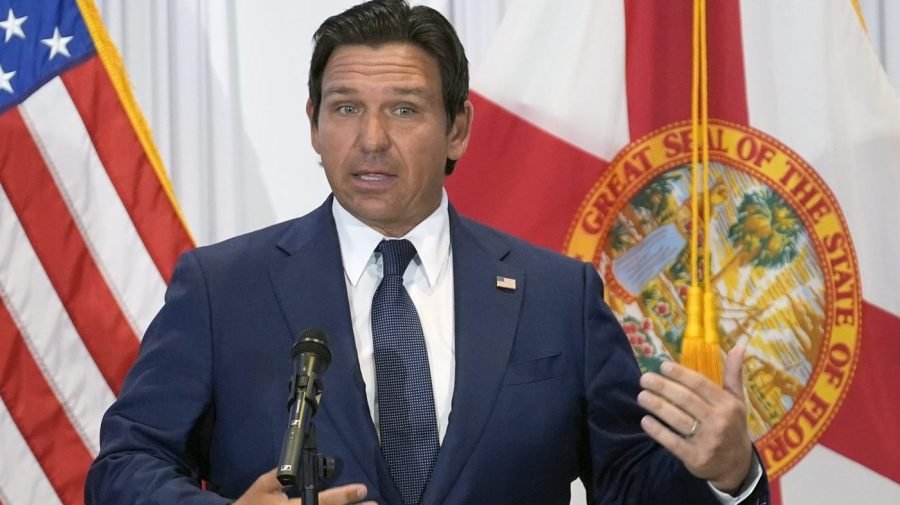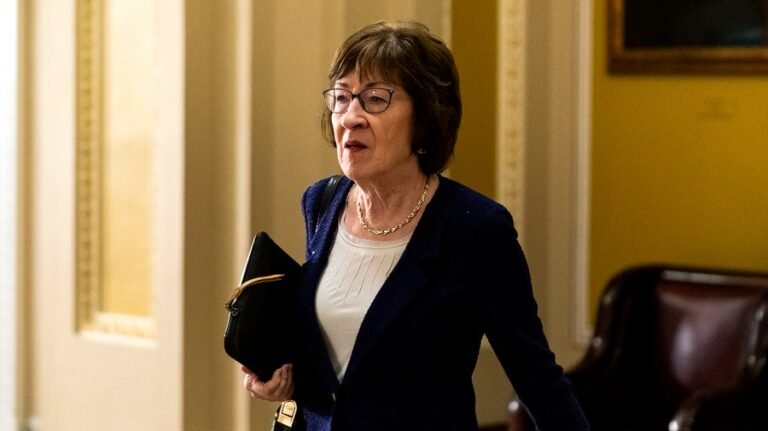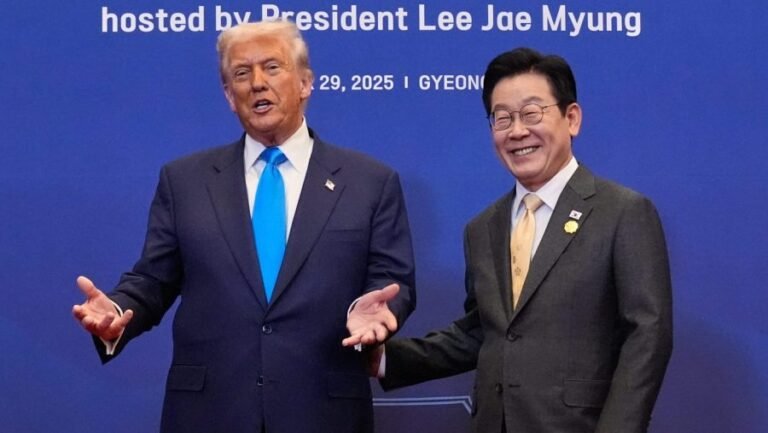
Florida Gov. Ron DeSantis (R) on Wednesday directed the state’s board of governors to “crack down” on state universities hiring workers on H-1B visas.
DeSantis called the H-1B program a “scam” that state universities are abusing, while speaking during a news conference at the University of South Florida (USF) in Tampa.
“We need to make sure our citizens here in Florida are first in line for job opportunities,” the governor said. “And if there’s things that the universities need, that somehow, they just can’t find in Florida, to me, of all employers, they are the ones that would be most responsible for why they can’t find what they need.
“We’re churning out a lot of people, this should not be that difficult to do.”
The directive applies to the 12 universities within the Florida State University System, including USF, the University of Florida, Florida State University, the University of Central Florida, and Florida International University.
The Hill has reached out to a spokesperson for the system for comment.
The H-1B visa program allows employers to hire foreign workers in certain specialty occupations, according to the Department of Labor. The program is primarily used by tech companies to hire workers who are not lawful permanent residents of the U.S.
Last month, President Trump signed a proclamation requiring companies to pay $100,000 for H-1B visa applications, a stark increase from the $215 lottery fee and $780 filing fee, among other charges.
Commerce Secretary Howard Lutnick argued that the move would encourage companies to hire Americans instead of foreign workers.
“Stop bringing in people to take our jobs, that’s our policy here,” Lutnick said at the time.
Days later, the Department of Homeland Security also proposed overhauling the H-1B visa lottery system to favor more highly skilled and highly paid foreign workers.
According to the Pew Research Center, roughly 400,000 H-1B visa applications were approved last year, 65 percent of which were renewals of previously approved visas. The Trump administration has clarified that the $100,000 fee is a one-time payment.


